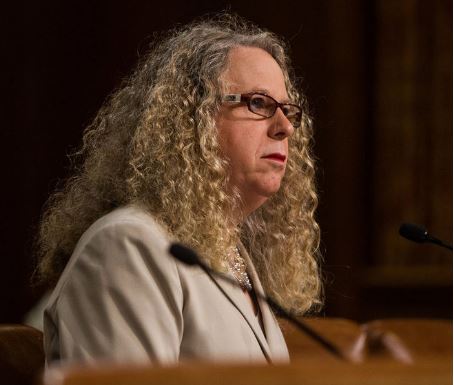
PITTSBURGH—Speaking at the World AIDS Day Conference, Pennsylvania Physician General Dr. Rachel Levine emphasized the importance of HIV disease education for health professionals working with transgender individuals.
“Helping medical professionals better understand how to prevent and treat HIV disease in the transgender community can be a matter of life and death,” said Dr. Levine. “Today we remember those we have lost to this terrible virus, commit to stopping the spread of HIV disease, and help those suffering from it.”
Currently, an estimated 1.1 million people in the United States and 34 million people globally live with HIV infection. According to the Centers for Disease Control and Prevention (CDC), Pennsylvania had the tenth-highest total number of HIV diagnoses of all states in 2013.
The Department of Health works with community partners to make a full array of HIV disease prevention and care services available and accessible throughout the commonwealth for people affected by HIV disease and those at-risk for contracting the virus.
The department’s vision is to have Pennsylvania become a place where new HIV infections are rare, and when they do occur, that every person, regardless of age, gender, race/ethnicity, sexual orientation, gender identity or expression, or socio-economic circumstance, will have unfettered access to high quality, life-extending care free from stigma and discrimination.











